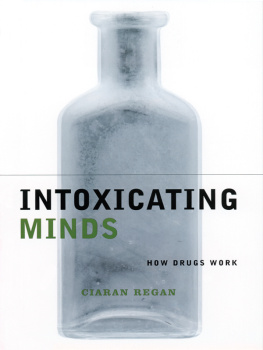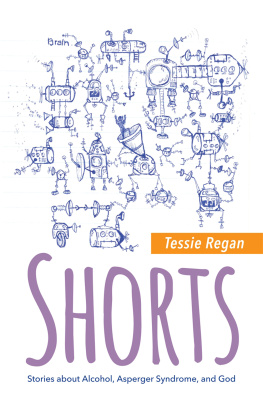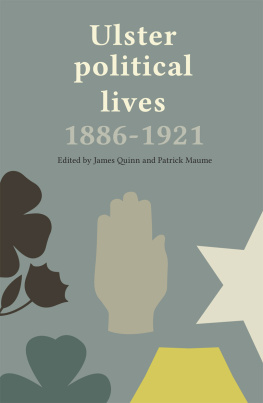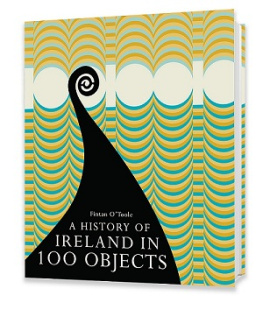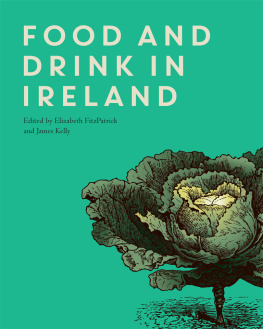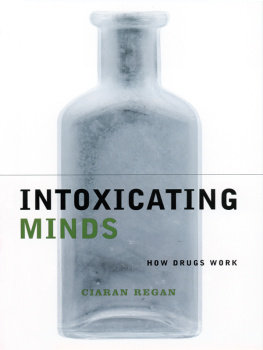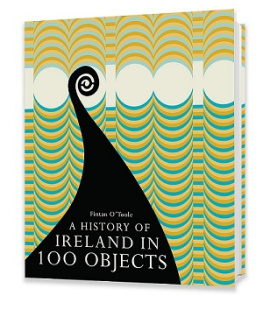Intoxicating Minds
MAPS OF THE MIND
STEVEN ROSE, GENERAL EDITOR
MAPS OF THE MIND
STEVEN ROSE, GENERAL EDITOR
Pain: The Science of Suffering
Patrick Wall
The Making of Intelligence
Ken Richardson
How Brains Make Up Their Minds
Walter J. Freeman
Sexing the Brain
Lesley Rogers
How to Build a Mind
Igor Aleksander
Intoxicating Minds
HOW DRUGS WORK
Ciaran Regan
Columbia University Press New York
Columbia University Press
Publishers Since 1893
New York Chichester, West Sussex
cup.columbia.edu
Copyright 2001 Ciaran Regan
First published by Weidenfeld and Nicolson Ltd., London
All rights reserved
E-ISBN 978-0-231-53042-2
Library of Congress Cataloging-in-Publication Data
Regan, Ciaran.
Intoxicating minds : how drugs work / Ciaran Regan.
p. cm.(Maps of the mind)
Includes bibliographical references and index.
ISBN 0-231-12016-8
1. Psychopharmacology. I. Title. II. Series.
RM315 .R447 2001
615.78dc21
2001028078
A Columbia University Press E-book.
CUP would be pleased to hear about your reading experience with this e-book at .
For Helen
Contents
This book is intended for anyone who is curious about mind-altering drugs. In offering this view, I must immediately temper its contents with a note of modesty. We really do not know how the mind works, let alone how drugs influence it. But not knowing answers is no reason to avoid thinking about the questions. In seeking possible explanations for how drugs work and how they may influence the mind, we need to think scientifically about drugs, how we relate to them, and if they may be of cultural value. Whats needed is a grand excavation of the myths surrounding drugs. This is what Intoxicating Minds tries to achieve, for it does not extol or condemn drug use; it simply invites reflection.
Few of the ideas that follow are mine, for I have discovered no new theory about how drugs may influence the mind. What I have done is to select ideas from many disciplines and mold them into a broad conceptto present the facts and to suggest new ideas. The book is not written for the academic, nor is it an attempt to popularize science, for, nowadays, there is little difference between a thoughtful individual and the professional whose expertise is limited to a tightly defined discipline. I hope it will interest the general reader. This means that much is presented in rather simple terms. I hope to have been successful in making the book readable and enjoyable. A list of books is provided at the end for those who may wish to read further on any aspect of the topic.
Many have played a crucial role in forming my ideas on mind-altering drugs. Foremost are my students at University College Dublin, who, perhaps unwittingly, have served to sharpen my ideas on the effects of drugs through years of endless questions. But I must pay tribute to John Marshall, a neuropsychologist, for driving me to study the brain. When I was a young postdoctoral fellow of the European Molecular Biology Organization at the University of Nijmegen, in the Netherlands, interested only in the subtleties of protein chemistry, he forced me to provide biochemical concepts that would account for the emerging idea of brain plasticity. The whole concept has continued to captivate me. I now owe a debt of gratitude to the many students and postdoctoral researchers for their contributions to my research on this subject. But I must especially thank Larry Bacon, Helen Gallagher, and Keith Murphy, who ensured that research continued at University College Dublin during my days of absence while writing this book, for their contributions to its concepts.
Many thanks are due also to those who have commented on earlier versions of the manuscript. These include close colleagues and friendsAlan Baird, Ron Beyma, Alan Keenan, Brian Leonard, Amanda McCann, Martin Murphy, Kathy OBoyle, Cormac OConnell, and Veronica Jane OMara. Their remarks have improved the manuscript and eliminated many errors. My editors, Peter Tallack at Weidenfeld and Nicolson, Holly Hodder at Columbia University Press, and the series editor Steven Rose were all I could have wantedexacting perfectionists who demanded clarityand I am greatly indebted to them.
Finally, I must recognize my younger daughter, Helen, for her unwavering interest in the adventure and utter belief in its completion. Too young to understand or criticize, I hope that one day she will read this book, for it is dedicated to her.
Intoxicating Minds
This is a book about drugs and how they affect our minds. Since the beginning of recorded history, drugs have been used for pleasure, for the treatment of insanity, and for relief from the mundanethey are a unique characteristic of human life and society. Virtually all of our important social interactions combine drugs that have the potential to alter our recall of events in one way or another. However minimal, these effects alter how we convey and sustain our experiences of the recent pastthose memories that ultimately form our mind. Is alcohol used to eliminate memories that separate individuals? Does caffeine enhance sociability, thereby enriching our society through the acceptance and incorporation of diverse individuals and new ideas?
Drugs, such as heroin or cocaine, can create a signal in the brain that indicates, falsely, a feeling of confidencea huge fitness benefit. This changes behavioral propensities so that drug-seeking predominates and displaces our more adaptive behaviors. But some drugs can also improve adaptation in some circumstances, relieve the symptoms of mental disorders, and induce pleasures that can sometimes be safe. To what extent do these drug-altered states contribute to our survival, and are they culturally valuable?
The brain requires trillions of connections between its billions of nerve cells to function properly. The mere 100,000 genes aligned along our chromosomes are simply insufficient to specify this fantastic connectivity pattern, let alone the modifications required to store information acquired over a lifetime. But the brain is dynamic; it continually reorders the pattern of its nerve cell connections in response to experience, thereby creating the unique nature of every individual in relation to his or her past.
Our memories do not seem to be secured immediatelythe hotel room is forgotten by the time the homeward plane has been boarded. But we have no difficulty in remembering the births of our children or how to ride a bicycle. It would seem that memory is initially fragile but with time grows more robust. And if this is true, then the period of memory frailty must surely be exquisitely sensitive to drugsthey must be capable of influencing past events, those experiences that ultimately form our minds.
These are the topics Intoxicating Minds strives to address. What I hope will distinguish this book is that it does not fall into any one generic category, for it embraces biology and medicine and sociology and anthropologyall intertwined with stories of scientific and artistic achievement, war and greed, empires and religions, and lessons for our own future.
Storylines
Since prehistory, remembering has rarely been a cerebral exercise alone. Bardic reiteration of epic themes, from Homers Iliad to the peripatetic poetry of Gaelic Ireland or the complex narratives painted on caves or the stress-induced release of adrenaline during oaths, magic, and sacrifices, have all served to ensure the accuracy and continuance of our memories. Commemorative ceremonies are preeminent instances of remembering. The liturgy of the Christian Mass has persisted for nearly two millennia, and during this time it has changed very slowly. It keeps the past in mind through a reenactment of previous events that are central to the belief of the faithful.


